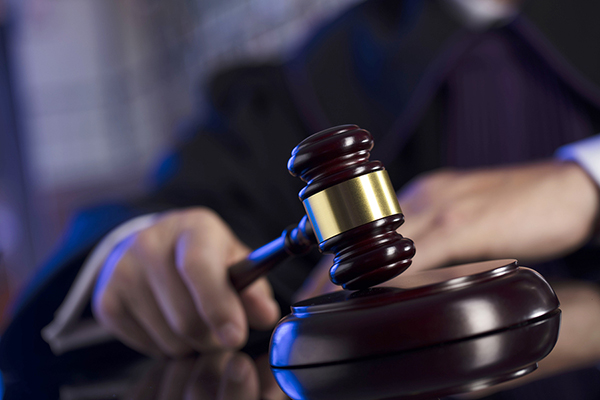A defendant must first be brought before a magistrate judge within 24 hours of an arrest for what is called a ‘first appearance’ or ‘magistrate hearing’. If the arrestee is accused of a misdemeanor or felony crime or violation, he or she is entitled to pre-trial release on reasonable conditions. Upon arrest, a bond is to be set in accordance with a schedule pre-determined based on the type of offense until first appearance court. Having a preset bond schedule allows the release of the defendant before court.

Prior to any consideration of release without bond, the magistrate judge will review the arrest affidavit prepared by the law enforcement officer who initially made the arrest. This helps the judge to decipher whether or not there is probable cause to hold the defendant in place of bond. If not, the judge will typically continue the first appearance hearing for 24 to 72 hours before making a final decision. Often times, arresting officers will revise affidavits following arrests. This way, any discrepancies within the arrest affidavit will have time to show themselves before the judge releases the defendant back into the community.
After the judge arrives at a decision, the court determines whether the defendant should be released with or without a bail bond. Most Florida counties have their own pre-set bond amounts based upon the types of crimes committed called bond schedules. However, the judge has the ability to go outside the predetermined bond schedule if he or she feels it is necessary to protect victims, the community or simply to ensure the inmate will show up to court as scheduled. A defendant’s criminal background is to play a large part in a judge’s final decision about releasing inmates on their Own Recognizance or Supervised Release.
With the new bail reform initiatives, a judge’s ability to make the final decision about whether an inmate should be released could also backfire. The judge could choose to keep a defendant incarcerated without bail if the determination is clear and convincing.


 Serving all of Florida,
Serving all of Florida, 
Recent Comments